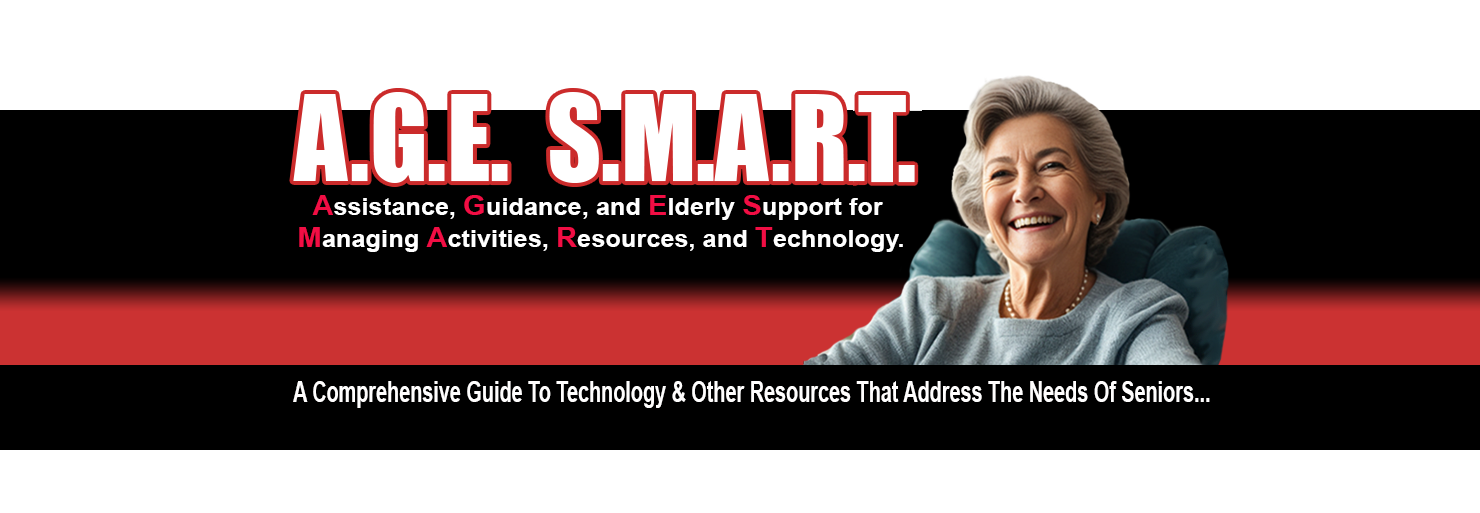
Cancer
American Cancer Society: https://www.cancer.org/
Cancer is a leading cause of death among seniors, with approximately 60% of cancer diagnoses occurring in individuals aged 65 and older. Early detection and treatment are crucial in improving outcomes and increasing survival rates for seniors with cancer. Studies have shown that seniors who receive timely and appropriate treatment have a higher likelihood of responding well to therapy and achieving better quality of life.
The types of cancer that impact seniors include lung, breast, prostate, colorectal, and cancer. Lung cancer is the cause of cancer-related in both men and women, while breast cancer is the most common cancer in women Prostate cancer is most common cancer in men, with higher incidence in older age groups. Regular screenings, such as mammograms for breast cancer, PSA tests for prostate cancer, and colonoscopies for colorectal cancer, play a crucial role in early detection and treatment.
Regular screenings can help detect cancer at an early stage when it is most treatable. For example, screening for colorectal cancer can detect polyps before they become cancerous, while mammograms can detect breast cancer before it spreads. It is important for seniors to talk to their healthcare provider about recommended screenings based on their age, gender, and risk factors.

In addition to regular screenings, seniors can take preventive measures to lower their risk of developing cancer. Maintaining a healthy lifestyle that includes a balanced diet, regular exercise, and avoiding tobacco and excessive alcohol consumption can help reduce the risk of cancer. Seniors should also prioritize regular visits to their healthcare provider for check-ups and screenings, as well as staying up to date on vaccinations and recommended cancer screenings.
Caregivers play a crucial role in supporting seniors with cancer, providing emotional support, assisting with appointments and treatments, and helping to manage side effects of treatment. Caregivers should encourage seniors to prioritize their health, follow their treatment plan, and communicate any concerns or symptoms to their healthcare provider.
According to the American Cancer Society, more than 80% of cancer cases are diagnosed in people aged 55 and older. By raising awareness on the importance of early detection and treatment for seniors with cancer, we can empower individuals to take proactive steps in managing their health and improving their outcomes. It is never too late to prioritize health and wellness, and early detection can make a significant difference in the lives of seniors with cancer.